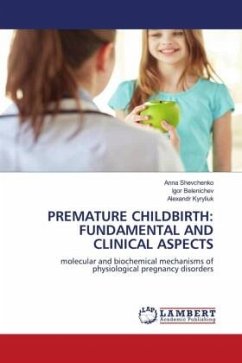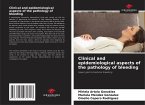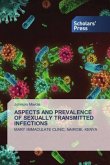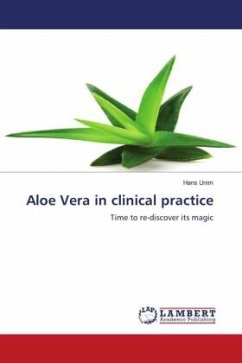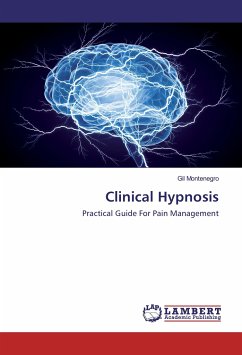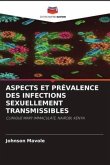The work presents a modern understanding of molecular and biochemical mechanisms of physiological pregnancy disorders that lead to complications during gestation and childbirth, including premature births. The role of impaired nitroxidergic and thiol-disulfide systems was described for the first time. For the first time, the role of protein-chaperones (HSP70) in providing mechanisms of endogenous cytoprotection, regulating mechanisms of adaptation to hypoxia, was demonstrated. The role of estrogens in the regulation of pregnancy and endogenous neuro- and cytoprotection has been clarified. Mechanisms of initiation of stress in pregnant women and post-stressor mechanisms leading to complications of pregnancy and childbirth were described. The possibility of using metabolitotropic therapy in pregnant women with a threat of premature birth has been substantiated, as well as multivariate models for predicting premature birth and their threats have been developed and proposed.

